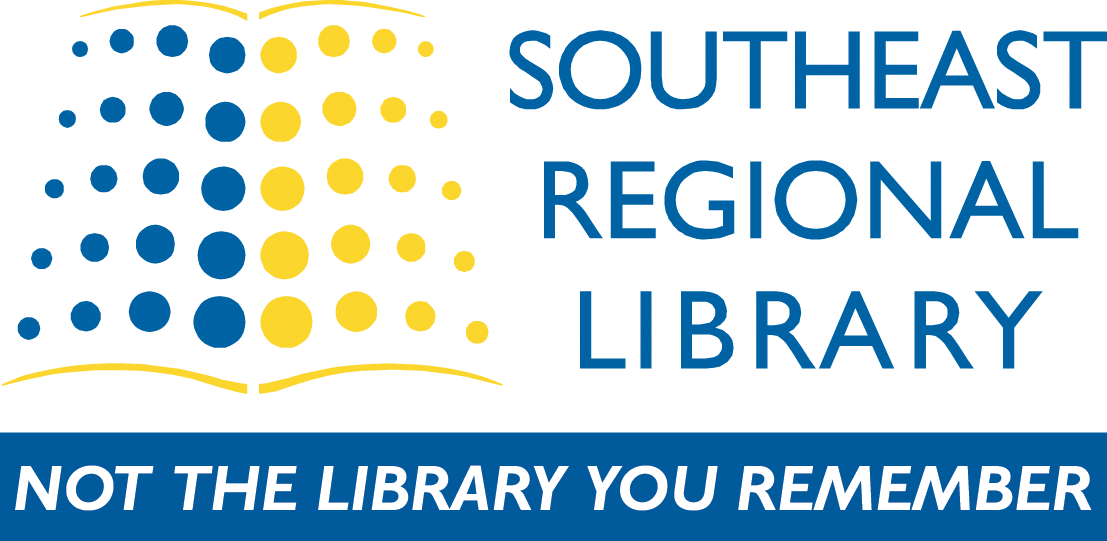Building on his enormously successful series of Philosophers in 90 Minutes, Paul Strathern now applies his witty and incisive prose to brief biographical studies of the world's great writers. He brings their lives and ideas to life in entertaining and accessible fashion.
Search Results
Hume reduced philosophy to ruins: he denied the existence of everything--except our actual perceptions themselves. I alone exist, he argued, and the world is nothing more than part of my consciousness. Yet we know that the world remains, and we go on as before. What Hume expresse...
Offers a brief profile of the classical Greek philosopher, describes the highlights of his teachings, and assesses the influence of his ideas.
Hemingway's tough-guy persona has not weathered well in today's gentler culture, but much of his prose is as fresh today as when it first made him a revolutionary stylist of the early twentieth century. With Fitzgerald and Faulkner, he seemed to embody something quintessentially ...
In Locke in 90 Minutes, Paul Strathern offers a concise, expert account of Locke's life and ideas, and explains their influence on man's struggle to understand his existence in the world. The book also includes selections from Locke's writings; a brief list of suggested reading f...
In Thomas Aquinas in 90 Minutes, Paul Strathern offers a concise, expert account of Aquinas's life and ideas, and explains their influence on man's struggle to understand his existence in the world. The book also includes selections from Aquinas's writings; a brief list of sugges...
David Herbert Richards Lawrence - English author, poet, playwright, essayist, and literary critic - whose collected works represent an extended reflection upon the dehumanizing effects of modernity and industrialization, is valued as a visionary thinker and significant representa...
Few if any great authors of the twentieth century could lay claim to as many masterpieces as Vladimir Nabokov, including Lolita, Pale Fire, and Speak, Memory. In his use of English, Nabokov transformed the language, making it utterly his own-the complex clarity of its flourishes ...
